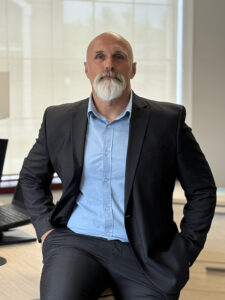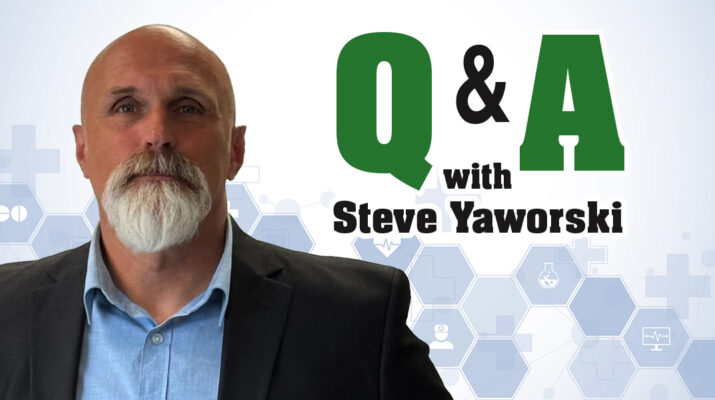Director of preventive services at Kids Herkimer of ICAN discusses how the nonprofit helps kids and families in need
By David L. Podos
 Q: How long have you been with ICAN?
Q: How long have you been with ICAN?
A: Sixteen years.
Q: What does the acronym ICAN stand for?
A: ICAN stands for Integrative Community Alternatives Network.
Q: Sounds like your agency does a lot of collaboration in helping people that are in need for whatever circumstance that they might be in, is that correct?
A: Absolutely. We are a cradle to grave agency offering services through every stage of life, from young kids to adults. We do a ton of collaboration with other agencies. However, for the kids’ program, we collaborate fully with Herkimer County as they are our main referral source.
Q: Talk a little more about the clientele that you serve through the Kids Herkimer of ICAN program. What are their ages, do you serve both male and female clientele, etc.?
A: So let me start off first with our referral process. Our sevices and programs are under contract with Herkimer County Department of Social Services. What that means is that 100% of our referrals come from the Department of Social Services. I would also like to mention we would not have the success we have without our relationship and collaboration with the Herkimer County Department of Social Services.
Q: What are the ages you serve?
A: The ages of our clients are anywhere from 7 years old to 18 years old and we see both male and female clientele. At 18 they are considered an adult and can go into adult care services. By far, our typical caseloads are from families that are experiencing some kind of neglect. Many of the families are struggling with poverty problems, parenting skills, alcohol and-or drug addiction. We also find that there are mental health issues that go back several generations.
Q: All the problems that these families are facing, it has to trickle down to their children and that has to have a huge negative effect on them, is that correct?
A: Yes, you are correct. For example, we see that coming out through inappropriate behaviors, the inability to focus in school, to follow rules, poor choices, etc.
Q: What is the overall treatment philosophy that Kids Herkimer of ICAN uses when it comes to working with these young people and their families?
A: We don’t abandon the parents, rather our philosophy is to work with the entire family to bring positive outcomes.
Q: How many outside providers do you work with to give services?
A: We literally have hundreds of providers that we work with. So, depending on the service needed we will contact the appropriate provider, go over the case and set up a time for them to meet the child and the parents to discuss the services that they can provide. We also provide out-patient diagnostic evaluations. That is a very important service because quite often we do not know exactly what is going on with the child. So, we really need that psychiatric piece to help us to give the most appropriate services that can be of help.
Q: Does ICAN have the use of a clinical psychiatrist?
A: Yes. Dr. Raju is our clinical psychiatrist. We also have licensed social workers that do the psycho-social part of clinical evaluations which is extremely important.
Q: How are these kids doing once you start working with them? Do you have a high success rate?
A: In terms of how we gauge our efficacy, I am happy to say we are doing very well. On the highest level our team would ask, are we helping this family avoid an out-of-home placement for their child into a residential facility or foster care or even a psychiatric children’s hospital? While the statistics can change throughout the year, we are in the mid- to high-90 percentile of success rate.
Q: Can you provide a success case where a child was in need of services that you provided and how that turned out?
A: I’d be glad to. One case that comes to mind is this young man who struggled in school, socially, behaviorally, really could not succeed in mainstream school. He wound up running around the streets, etc. He was destined to some form of detention if he kept up his current behaviors. Once our team put together a plan, we were able to identify some vocational goals for this young man. We got a staff member from Job Core, which is a federally funded program that provides tuition free vocational training, housing and support services. I know he is still in that program almost a year later and is doing good.
For more information, go to www.ican.family or call 315-801-7360.

